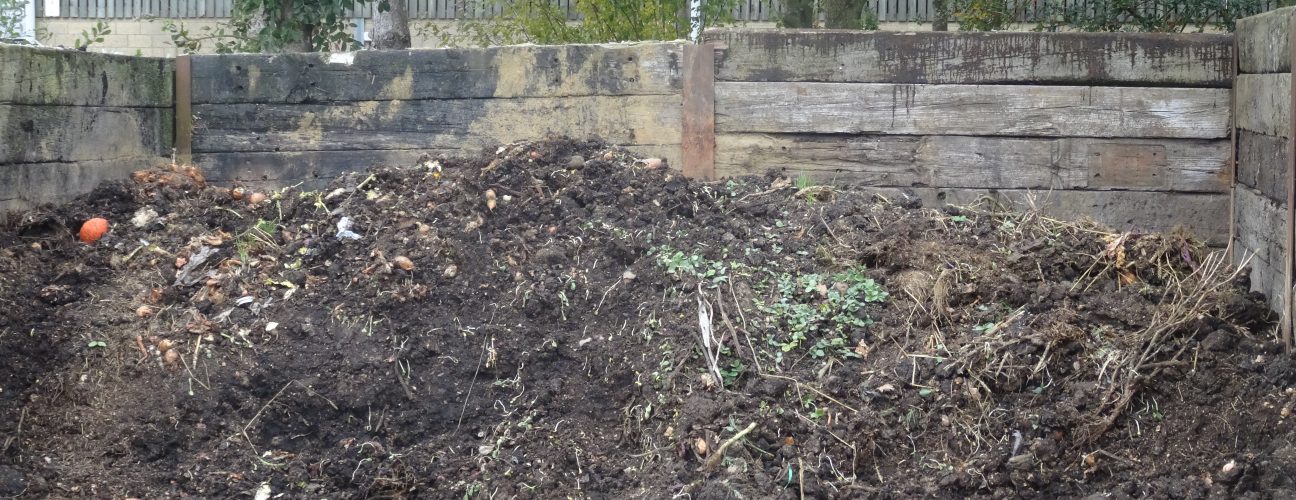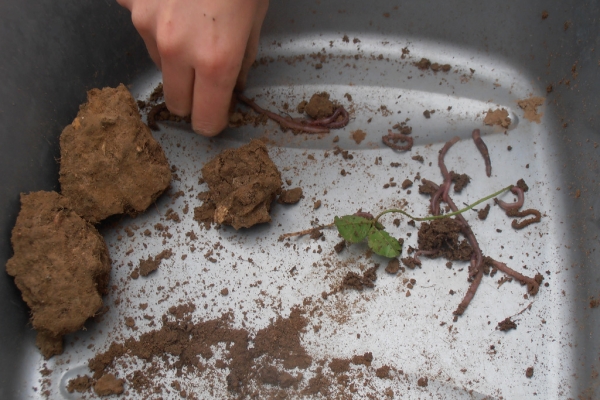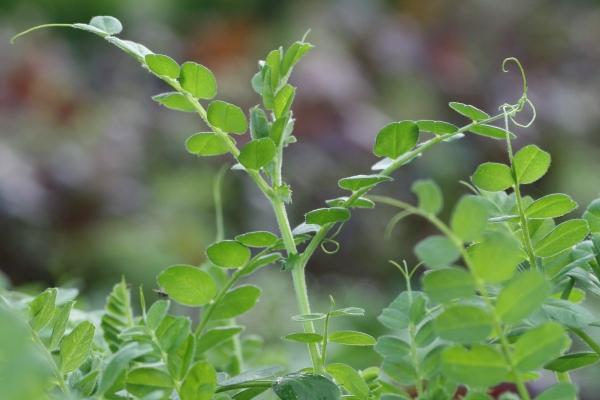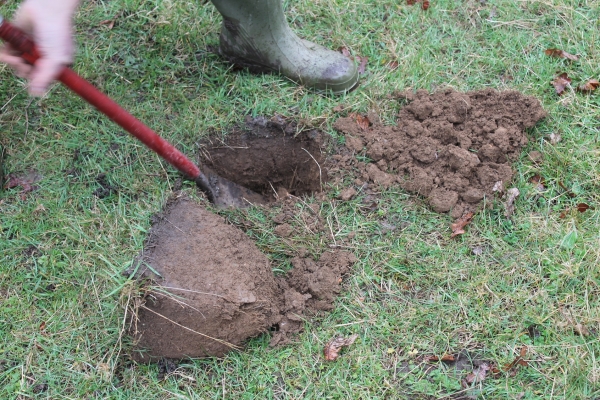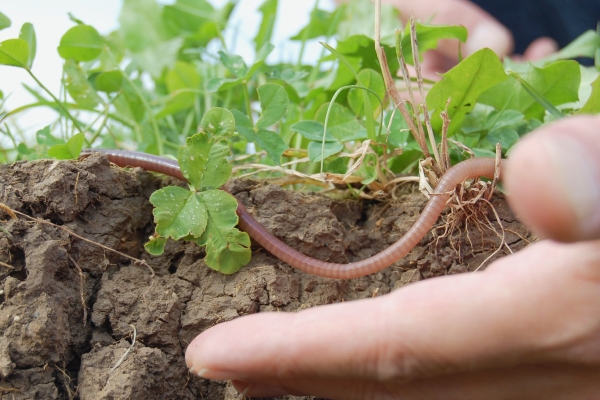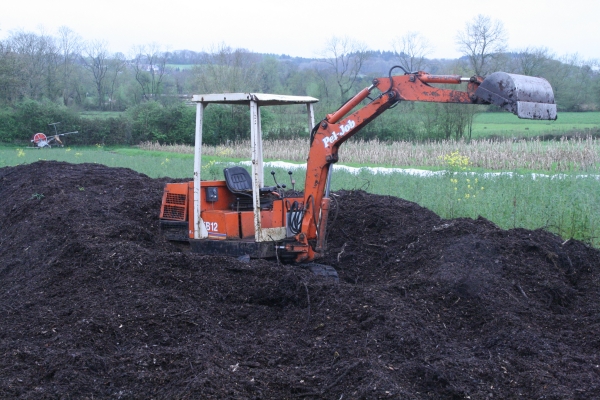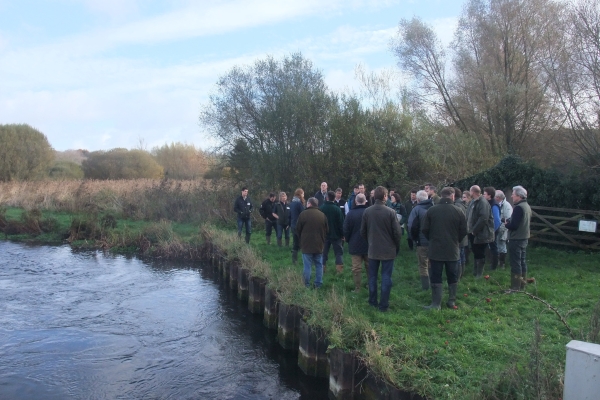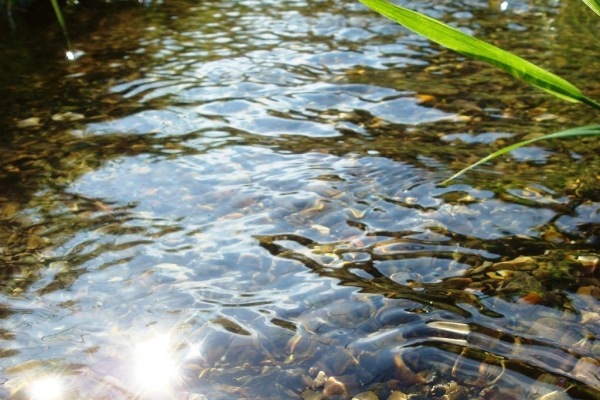A balanced diet for the soil
The Soil Association, in collaboration with Catchment Sensitive Farming, will be running soil health workshops in February, where you will have a chance to learn about what you can do to improve soil health and water quality through improved management. With that in mind, Tim Bevan writes about feeding the soil in a balanced way, introducing ideas related to how we feed ourselves healthily…
I have been thinking how can I write about soil health and comparing it to our own health and in particular to what we eat.
The idea of feeding a soil may seem strange as we normally think about feeding a plant. But feeding a soil with a correct balanced diet can provide all that the plant needs – one reason why good gardeners spend a lot of time getting their compost right. A good compost has an ideal ration of carbon to nitrogen; a balanced diet in fact just like we need to put into our bodies.
The compost may not feed the plant directly but it feeds a complex and intricate web of organisms all working away down below in the dark – but it’s ‘dog eat dog’ in a healthy soil. As the ciliates eat the bacteria, the nematodes eat the fungi and when they all give up and die they release into the soil plant available nutrients so you don’t need to add the quick fix from a bag of fertiliser. A free way to grow a plant – well, there is some cost to the compost.
If we get the feeding wrong, can things go wrong just as if we eat too much sticky toffee pudding? Lots of readily available carbs in the soil including sugars does encourage bacteria to flourish – and while not a real problem, we want a balanced life in our soil, and bacteria are not so good at holding onto the carbon and locking it down in the soil. If we give our soil more complex carbs including some woody type stuff, the fungi thrive too and they can really help the plant get at more nutrients and water from the soil and bring up the minerals – improving the diet of the plant and fixing the carbon in the soil and away from the atmosphere.
The workshops are aimed at farmers, agents and advisors to discuss what we can do to improve our soils and at the same time reduce pollution from farm run-off. We will talk about what a healthy soil looks like, how you can improve soil by using green manures, rotations, muck and compost, and what the biology in the soil can do for a farmer and grower. Good soil care is also good water care, so we will also talk about how a farm can reduce its water pollution risk and what grants and advice are available to farmers.
So to finish with an old Soil Association mantra ‘a healthy soil is a healthy plant is a healthy animal (and a healthy planet)’
View fliers for the workshops and information on how to book here:
Editor’s note:
You can find many useful resources on Agricology that will help you manage the health of your soil (and water). Here are a few to feed your appetite:
- ‘Soil assessment methods‘ provides tips to help you choose the most appropriate methods to assess and manage your soil health – provided by the GREATSoils project team.
- ‘Sort out your soil’ gives detailed, practical information to help you select and use green manure crops.
- The ‘Healthy Grassland Soils pocketbook’ gives advice on assessing, maintaining and improving grassland soil structure and soil biology levels.
- ‘Earthworms – Architects of fertile soils’ outlines what you can do to ensure earthworms thrive and benefit soil fertility.
- ‘Compost: The Effect on Nutrients, Soil Health and Crop Production’ will help you use compost to its full potential, to improve soil properties and crop yields.
- The video ‘Simply Sustainable Water at Overbury Farms’ highlights different actions you can take to improve water quality and management, reducing the risk of water pollution.
